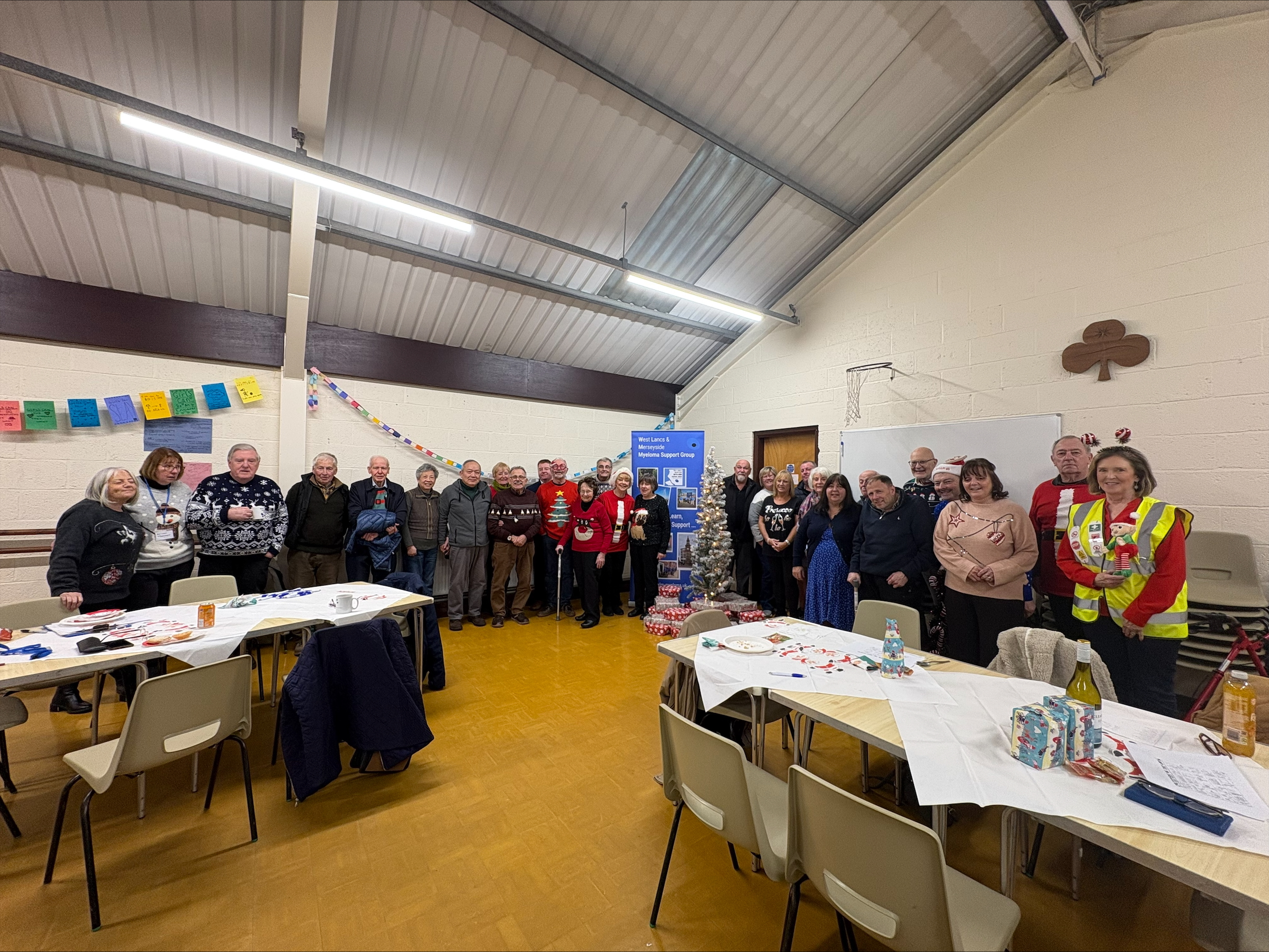
Research aimed at finding a way to shut down a specific malfunctioning protein linked with a high number of blood cancer cases is the latest recipient of Leukaemia & Myeloma Research UK’s (LMRUK) annual grant.
Dr Ricardo Fernandes and his team at the Department of Medicine at the University of Oxford are using the £25,000 award to engineer and screen different antibodies to find a way to stop mutations in the FLT3 protein from causing Acute Myeloid Leukaemia (AML) in patients.
In the light of current statistics, the team are in no doubt as to just how important this research is in the fight against blood cancer. “On average less than 15 per cent of AML patients will survive longer than five years. FLT3 is a significant contributory factor, it’s really pushing this disease and we have to shut it down,” said Dr Fernandes, 37.
Dr Fernandes said the research is focusing on the FLT3 receptor, as figures also show that of the 3,000 people diagnosed with AML in the UK each year, on average 1,000 of them will have the malfunctioning FLT3 protein.
The problem is compounded by the fact that with many different types of FLT3 mutations, current drugs for patients only target some and not all, which means only a few of the thousand people diagnosed with AML each year will benefit from those treatments.
“FLT3 is one of the many thousands of proteins present in myeloid cells in the blood and most of the time it functions normally, but occasionally it will tell the cell to keep dividing and this can give rise to AML,” said Dr Fernandes. “What would be great is if we had a drug that would target all FLT3 mutations and shut down FLT3 signalling, regardless of the type of mutation,” he added.
“The grant funding from LMRUK is enabling us to focus on FLT3 and use the technology we have to screen millions of different antibodies. We can then select the ones that have the right properties to target FLT3 and boost the activity of enzymes to shut it down.
“Ultimately, it is about engineering antibodies to shut down a malfunctioning FLT3 receptor by boosting the activity of naturally occurring enzymes and stop it causing AML.”
Dr Fernandes said that the grant money will help the team move the research forward more quickly and allow them to focus all their attention over the next year on tackling the FLT3 receptor problem. It will ultimately help in the development of a prototype for a drug that can be used as an effective treatment in the future.
He hopes that moving forward, this type of research could be applied to other types of cancer too.
“If we can understand what happens with FLT3 and how we can shut down these types of proteins, we will be in a much better place to tackle other malfunctioning proteins that cause other cancers” he added.
Dr Joanna Tilley, Interim Operations Director at LMRUK, said the project was a worthy choice for the research grant funding. She added, “The Research Review Committee was very impressed with Dr Fernandes’ application and felt that it was a well-structured proposal with an interesting and exciting approach.”
For more information about Leukaemia & Myeloma Research UK’s fund for research into blood cancer and stem cell therapies, follow the link https://lmruk.org/research/









